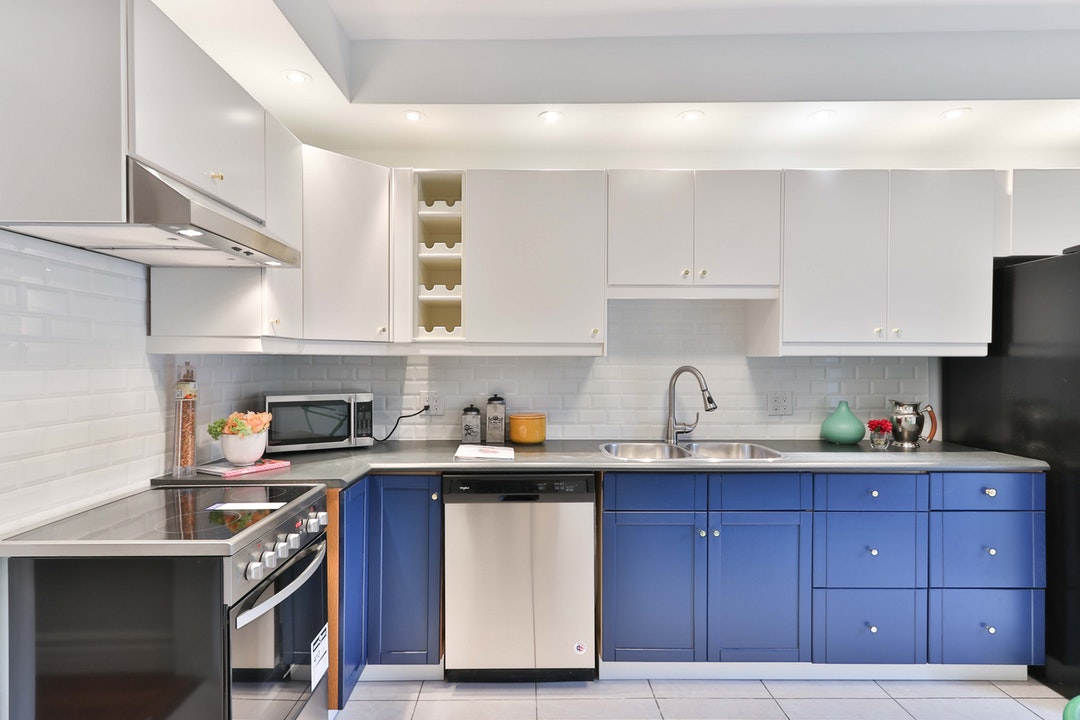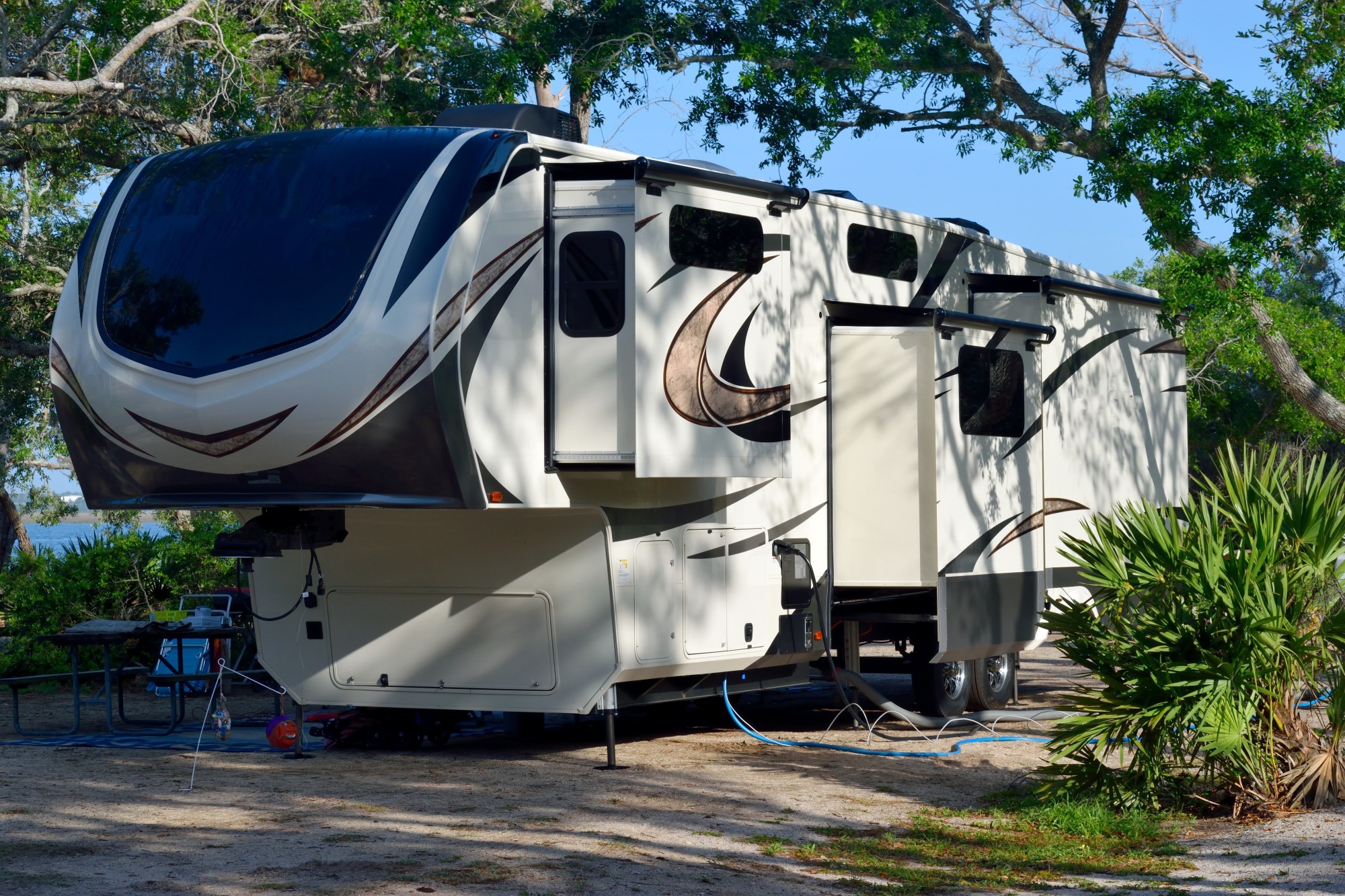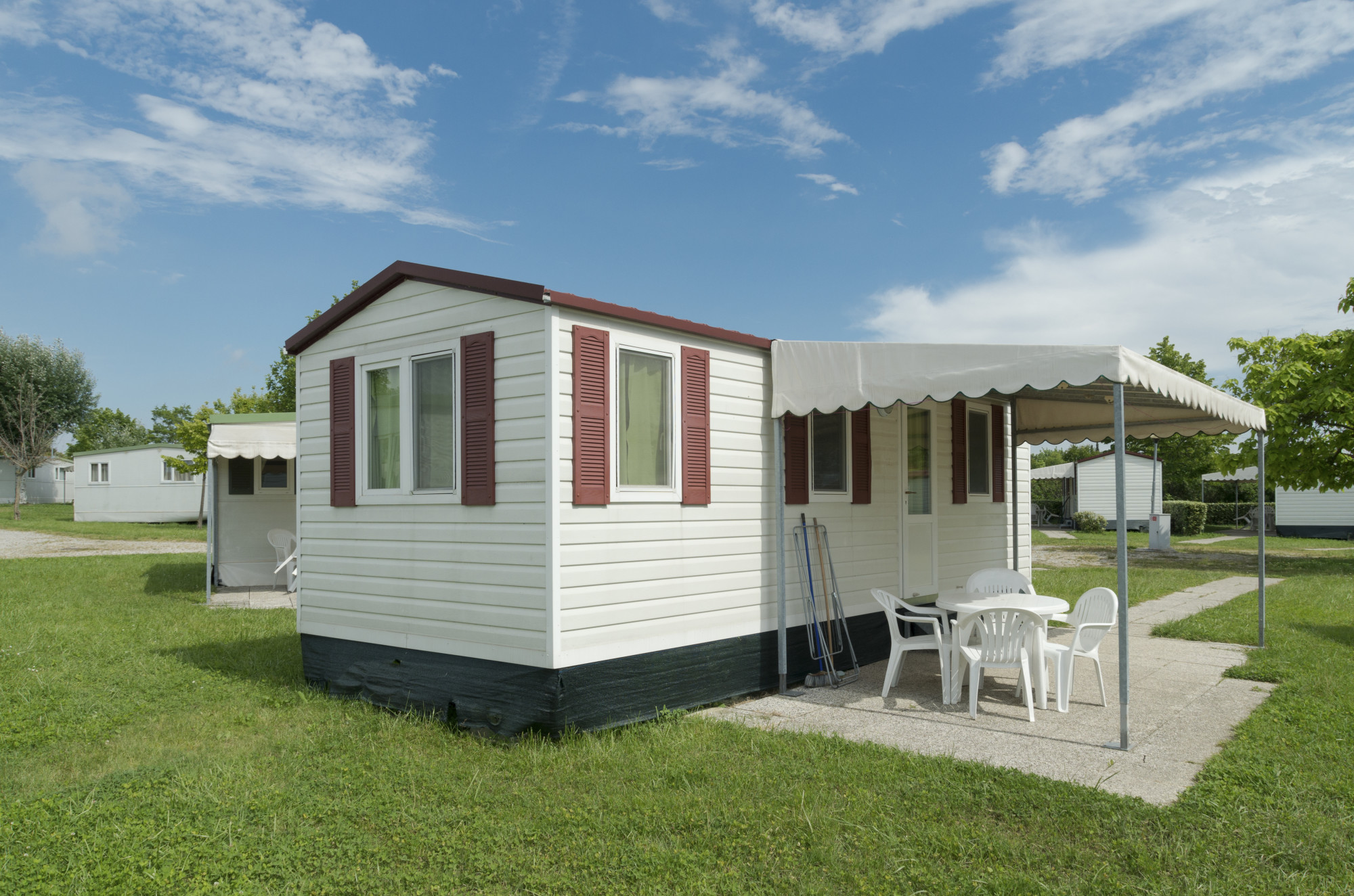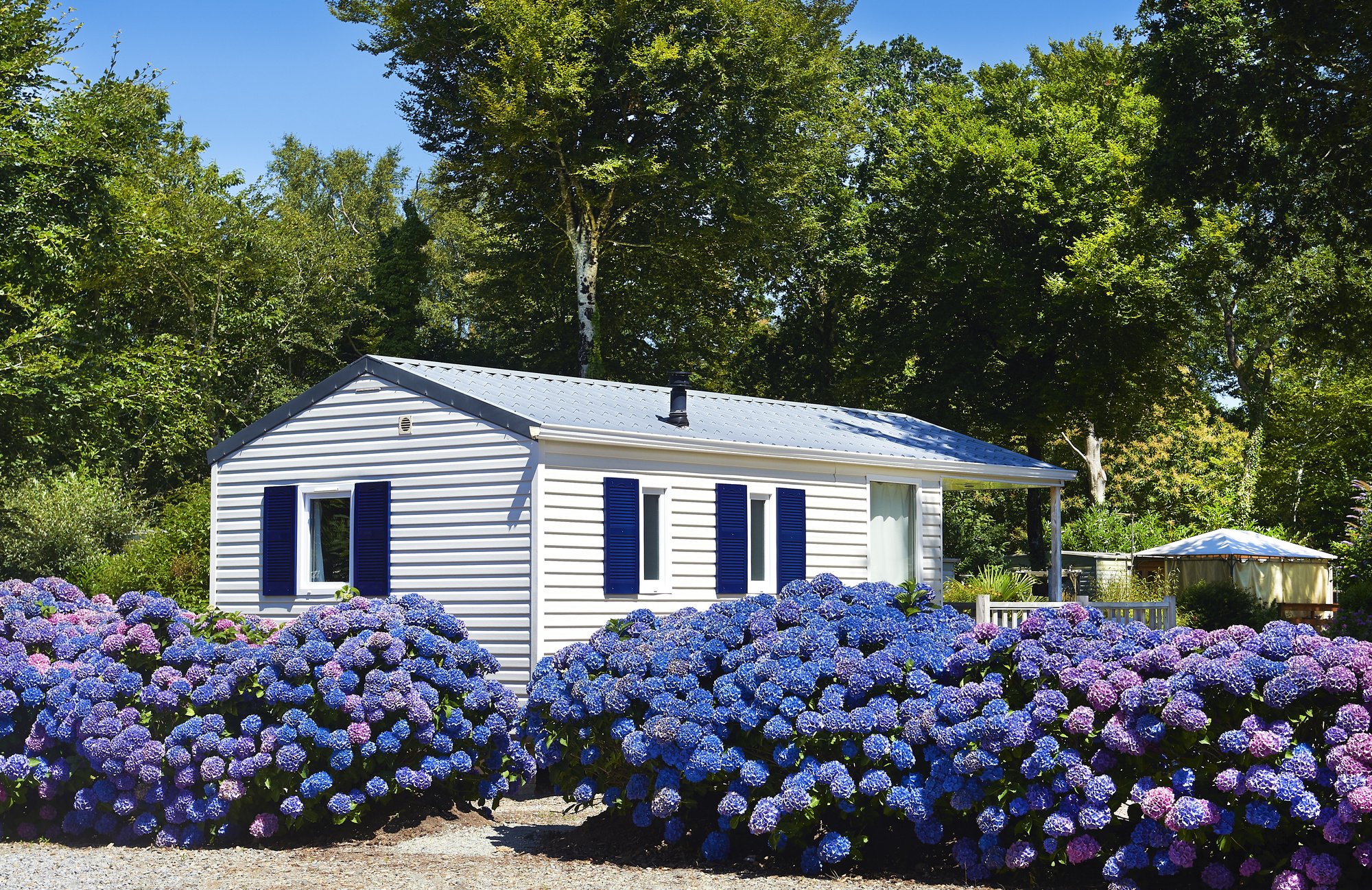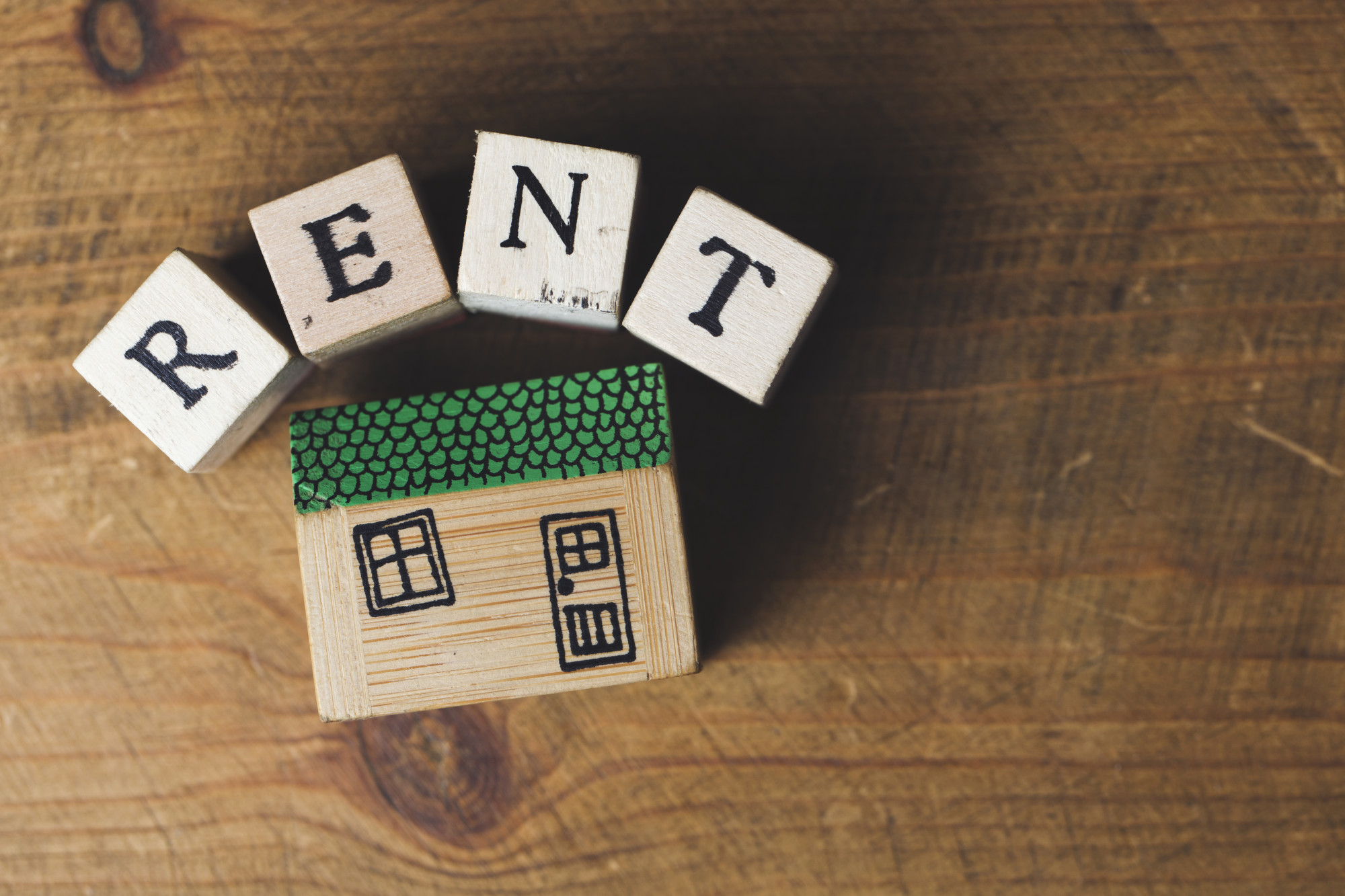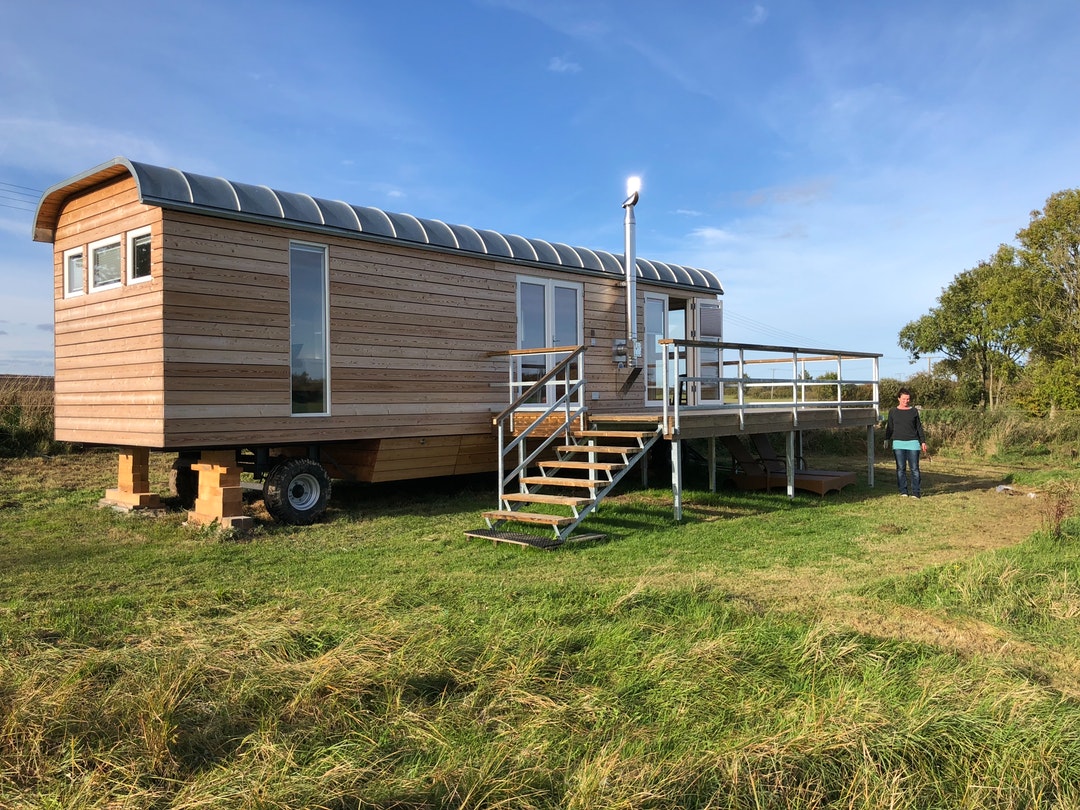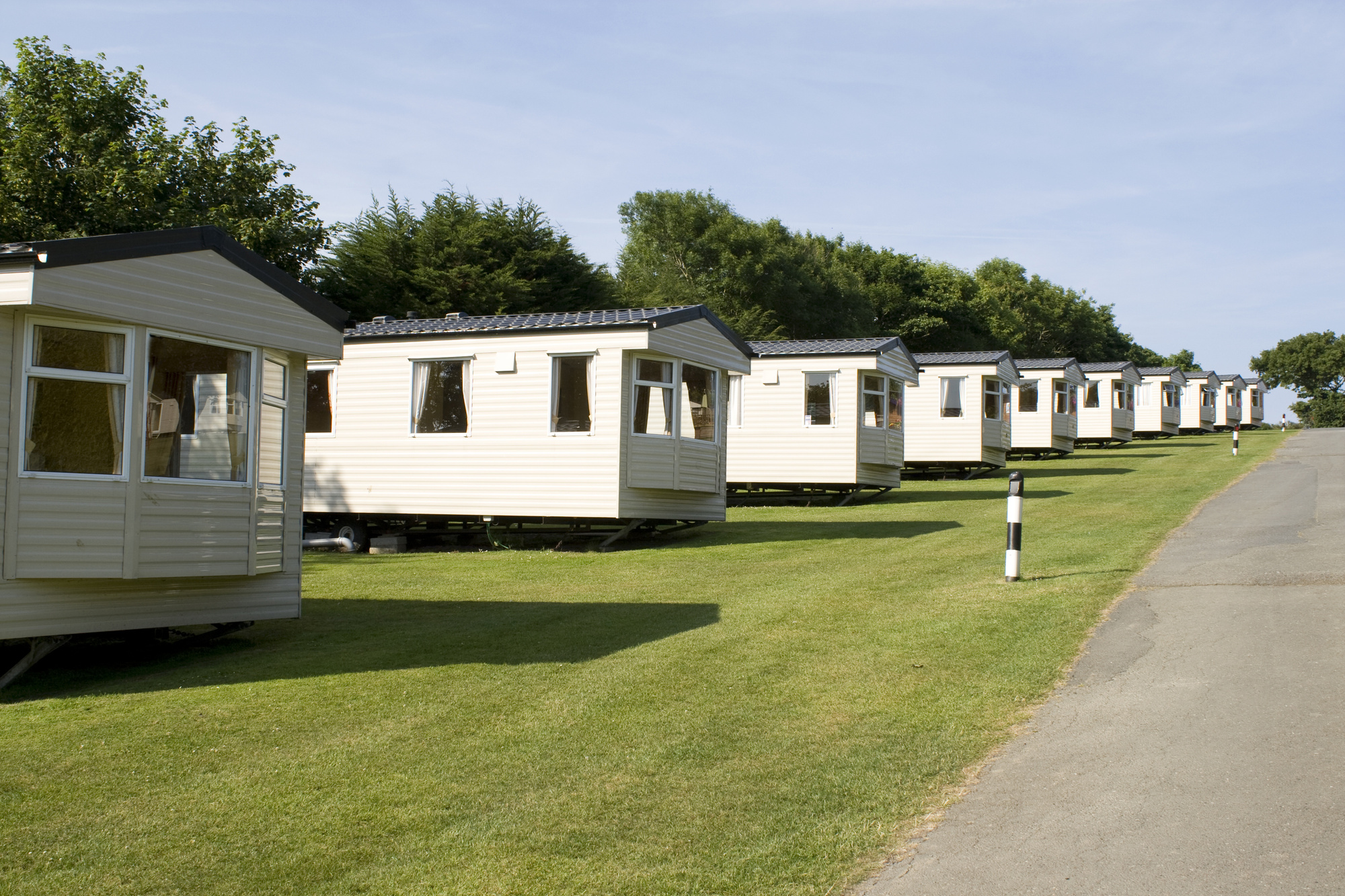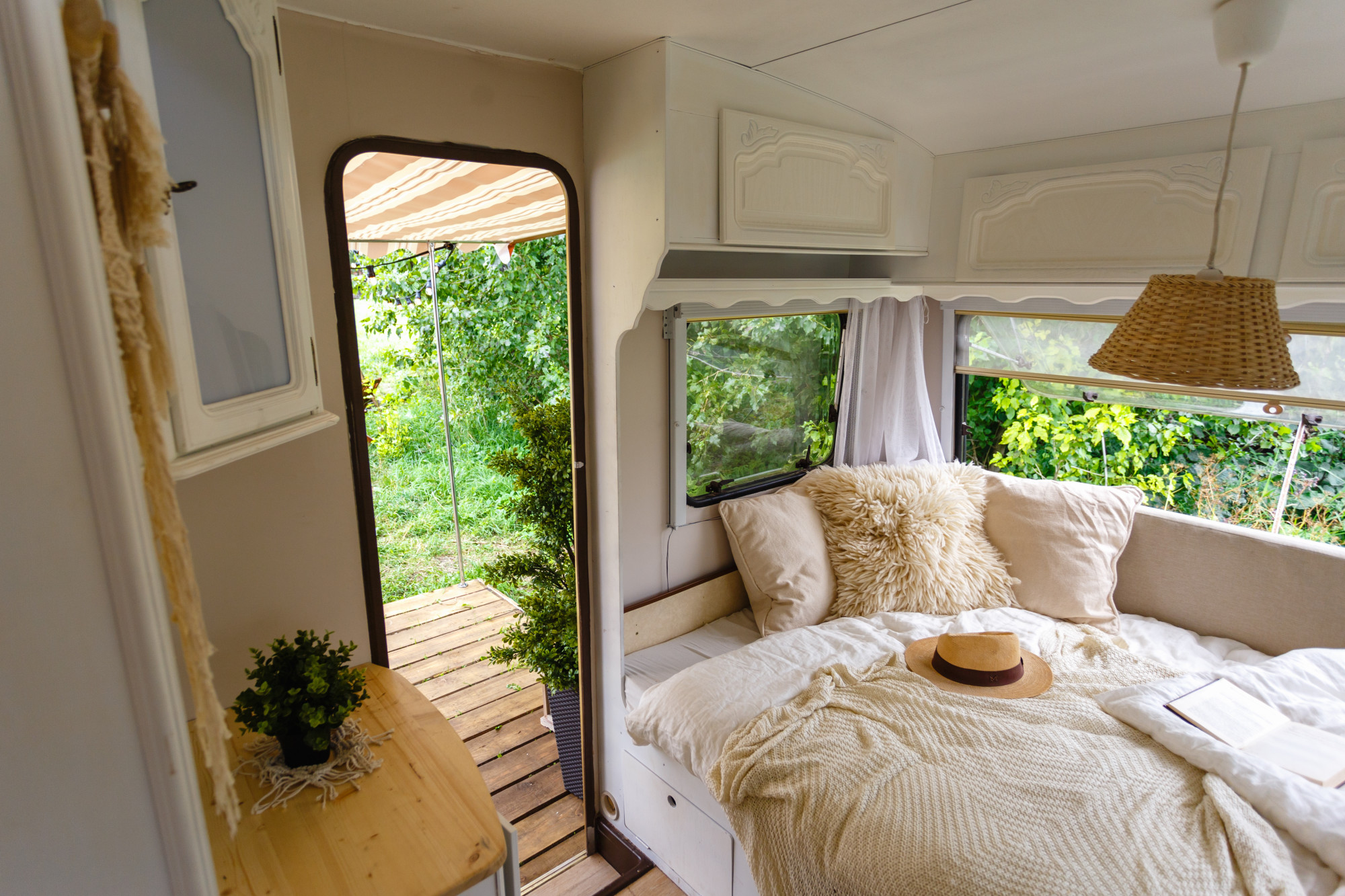7 Things You Need to Know About Quadruple Wide Mobile Homes
You’ve likely heard of double-wide mobile homes. Often referred to as multi-section homes, these structures have two separate sections that join together to create one unit.
This layout offers more space than a single-wide mobile home, which is what makes them more popular with homebuyers. However, did you know that they make structures two times as large?
They’re called quadruple wide mobile homes, and they might be the ideal setup for you. Today, we’re sharing seven important things you need to know about these homes before you begin to research them.
1. It’s the Largest Model
If you’re eyeing a few different kinds of mobile homes, it’s important to think about the amount of space you might need. Whether you have a big, growing family or you live alone and simply want more space, a quadruple mobile home can work for you.
When it comes to mobile home sizes, this is the largest and most spacious one you can get. It offers an economical price point and the convenience of a manufactured home without sacrificing valuable square footage.
2. It Has Four Sections
As its name implies, a quadruple mobile home is comprised of two to four complete, separate sections. The manufactured home dealers you choose will deliver these sections to your home site via a secure transfer company.
Once all of the pieces are ready, the dealer will hire expert, trained installers to join them all together at a seam. This seam is called the marriage line. The installers will reinforce the seam with a special type of gasket to ensure a secure fit.
The gasket keeps unwanted moisture and debris from seeping into the different home sections.
3. There Are Upscale Amenities
Love the idea of living in a manufactured home, but not quite ready to give up your daily luxuries? When you choose the right model, you won’t have to!
These are normally some of the most spacious and upscale mobile home floor plans around. You have more space here, as well as a greater number of bedrooms and bathrooms. In addition, it’s not uncommon to find some of the common perks and features:
- Elegant, upscale windows
- Open floor plans for an airy living environment
- Primary bathroom with full shower and bathtub
- Modern kitchens (e.g. large islands, granite countertops, high-end appliances)
These structures usually have four separate bedrooms, in addition to two bathrooms. Depending on the specific layout you choose, this number could be higher.
4. Some Are Custom
Not every mobile home manufacturer will offer quadruple-wide home plans. That’s why many of these designs must be custom-built. While the process is similar to building a house on-site, it’s usually much faster and less expensive.
If you decide to go this route, your custom home will be built in a special factory, under controlled conditions for quality assurance. It will be assembled and joined by trained professionals who know how to work with these specific types of materials and have experience in this industry.
When you’re researching different mobile home floor plans, reach out to local manufacturers to see if they offer quadruple-wide models. If they don’t have any model homes for you to tour, you may be able to request a custom build.
5. It Must Conform to the HUD Code
It’s easy to get mobile homes and modular homes confused. This is especially the case with a unit as big as a quadruple wide! However, there are important distinctions to make between the two.
First, modular homes are constructed in compliance with building codes, both local and statewide. On the other hand, the U.S. Department of Housing and Urban Development (HUD) mandates how mobile homes should look and operate. This agency has laws in place to ensure that all HUD-designated structures meet strict standards around:
- Decency
- Safety
- Sanitation
Federally enforced, HUD law is in place to keep your home safe and secure.
6. You Can Get Creative With the Layout
While most mobile homes are built as a single story, a quadruple-wide gives you the option of adding a second story. In this case, the extra two boxes would comprise the top level.
If you want to build a two-story home, this is a great, economical way to do so. You can even arrange the four sections into almost any type of configuration you’d like. You have more flexibility with this design, and the final product does not have to be symmetrical.
Most homeowners want a residence that’s special, unique, and reflects their personality. This is a smart way to make a big impression and save money at the same time.
7. It Can Offer Energy Savings
In many ways, a quadruple-wide mobile home looks and feels similar to a stick-built home. It’s filled with upscale amenities and features spacious rooms and open floor plans.
However, one major advantage to choosing a mobile home is that you can usually gain significant energy savings by doing so. Most of the materials used to construct these homes are designed to resist getting too hot or too cold, unlike traditional building supplies.
This helps keep the temperature of your house at a more constant level. In turn, your HVAC system doesn’t have to work as hard. You can also choose energy-efficient features for your home, such as long-lasting seals on your windows and doors.
Learn More About Quadruple Wide Mobile Homes
Now that you know more about quadruple wide mobile homes, are you considering this type of structure for your next house? If you want the space, amenities, and customization that a traditional home offers, you can’t go wrong with this model.
The process is time-honored and the building materials are sturdy. You’ll have a spacious, comfortable home for far less than you’d spend on a conventional build.
Looking for more information on mobile or manufactured homes? We have the guides you need! Use our site to learn more about these structures and find a mobile home dealer near you!

